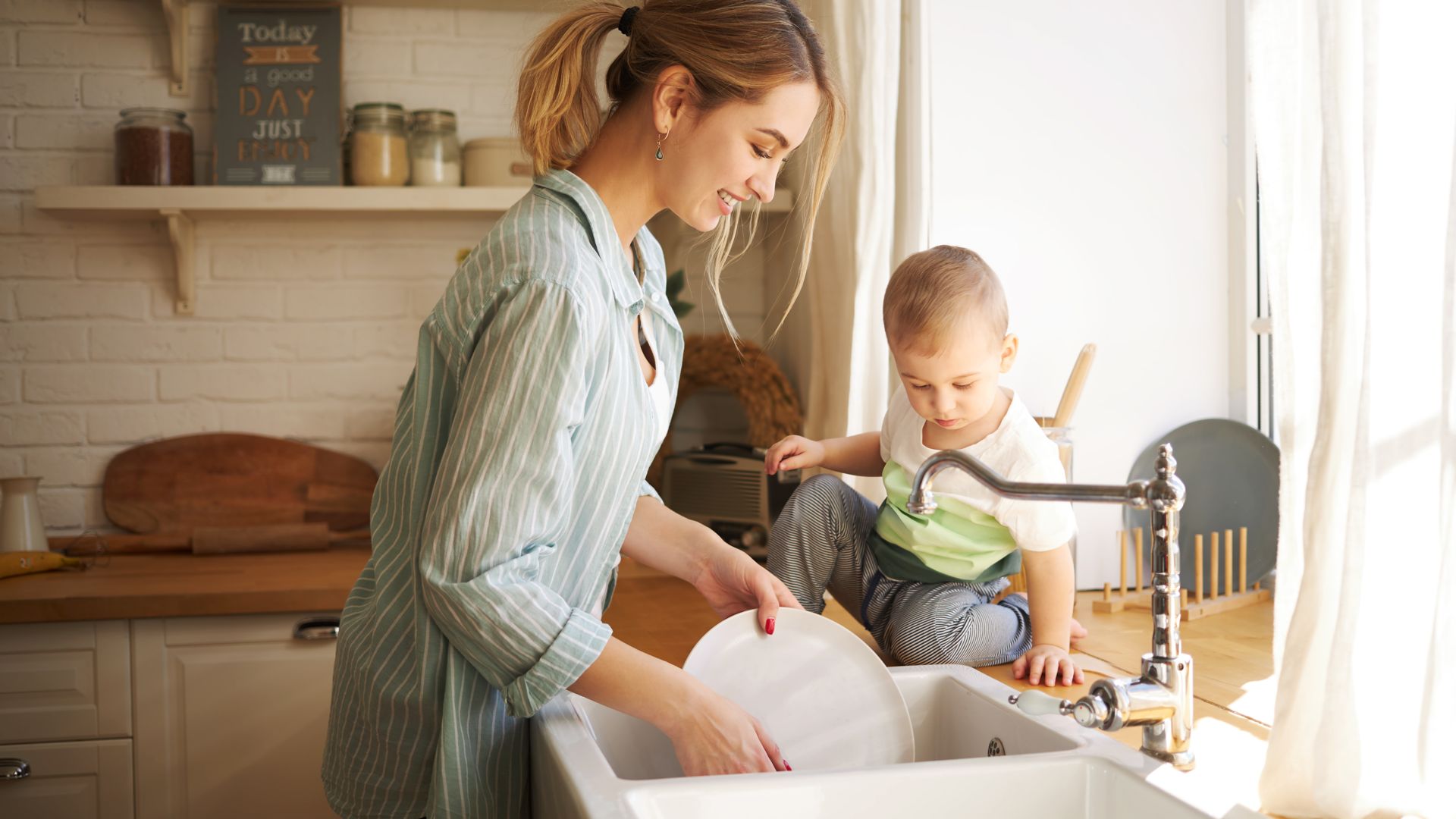The plumbing system in your home should undergo routine checks and maintenance. This section provides information on how to clean different plumbing fixtures, clear heavy blockage, repair leaky faucets, install new faucets, and how to make sure your drinking water is clean and safe to drink.

Tips For Preventing Blocked Drains:
If blocked drains are a frequent problem in your bathroom, you’ll be pleased to learn that there are several easy tips for avoiding them altogether. After utilizing the following tips, your drains will be clear and clog-free.
Perform Regular Hot Water Rinsings
One of the easiest tips for preventing blocked drains is to carry out regular hot water rinsings. With the aid of your faucets, run a steady stream of hot water down your sink and bathtub drains on a weekly basis. This will help wash away any caked-on hairs, as well as other forms of drain-based debris before they’re able to build up and form clogs.
Use a Drain Protector
If hair clogs are among the most common causes of blocked drains in your bathroom, a drain protector can work wonders for you. When placed over your drain, these handy devices will catch the vast majority of wayward hair before it has a chance to find its way into your drain. For best results, take care to clean your drain protector after every shower.
Promptly Plunge Slow Drains
Another good way to combat blocked drains is to plunge a drain the instant it begins to function more slowly than usual. This will quickly restore your drain to its normal speed and effectively purge small clogs before they have a chance to grow larger
How To Clear A Clogged Tub Drain:
If you’ve recently found yourself faced with a clogged tub drain, you may be curious about how to clear it up. You’ll be pleased to learn that a stopped-up bathtub drain can be successfully remedied in just a few simple steps.
Tools You’ll Need
- Plunger
- Expendable washcloth
- Commercial drain cleaner
Step 1 – Run Some Hot Water
If you’re dealing with a light clog, you may be able to clear up the drain by running a steady stream of very hot water. The water breaks up and dislodges any hair clogs or soap scum buildup, effectively taking care of the clog’s source. As a precautionary measure against future clogs, it is recommended that you perform this step at least once a week.
Step 2 – Use a Plunger
If you can’t clear your clogged tub drain with a hot water rinsing, you need to try plunging it. Start by placing a balled-up expendable washcloth into the drain’s overflow opening, then firmly position your plunger over the affected drain and proceed to give it a thorough plunging. If this fails to bear any results after half an hour, proceed wit the next step.
